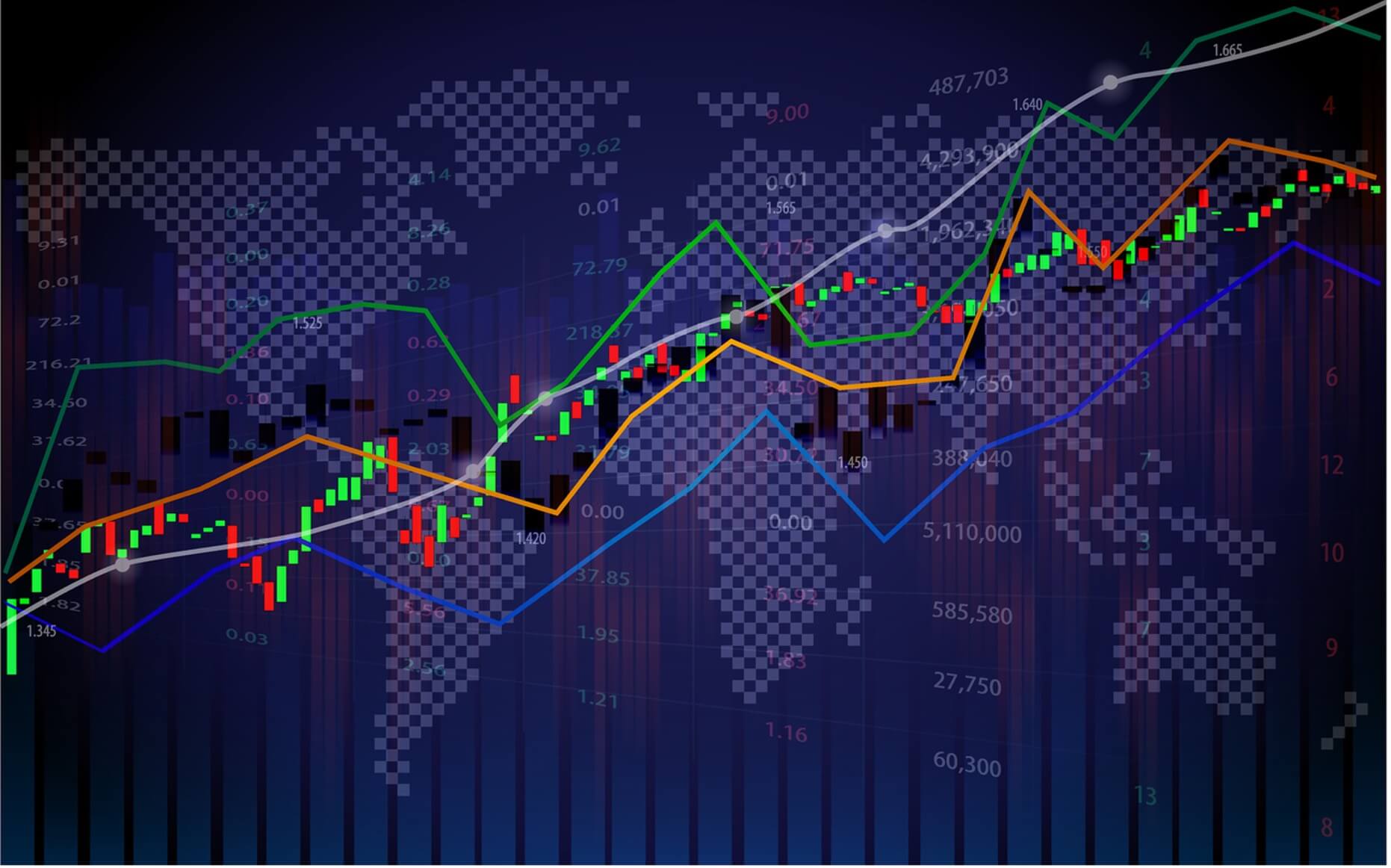The realm of foreign exchange trading offers countless opportunities for those looking to dive into the foreign exchange market. No matter if you are a complete novice trying to grasp the basics of Forex trading or an experienced trader looking for effective strategies, having the appropriate tools at your disposal is essential. The Forex market works 24 hours a day, and being armed with the correct resources can create a significant difference in your trading experience.
Comprehending how the Forex market functions in easy-to-understand terms is just the start. With different strategies, the roles of leverage, and economic influences at play, knowing which tools to utilize can help you steer through the intricacies of trading. From mastering technical indicators to grasping the impact of economic news, this article will point out key resources and insights that all trader should consider on their path to success in Forex trading.
Understanding Forex Basics
The foreign exchange market, commonly known as Forex, is the world's largest financial market, where money are exchanged. Differing from best forex ea , which function on specific exchanges, Forex trading takes place in a decentralized manner, meaning transactions take place directly between parties, creating a global network of buyers and sellers. Currencies are traded in duos, with each transaction involving the swapping of one currency into another. This market is open 24 hours a day, five days a week, providing many opportunities for traders worldwide.

Forex trading is centered around the idea of currency pairs, which feature a base currency and a quote currency. For instance, in the EUR/USD pair, the euro is the primary currency, while the US dollar is the comparative currency. The exchange rate indicates how much of the secondary currency is needed to purchase one unit of the primary currency. Comprehending these pairs is crucial for traders as they reflect the value of one currency in comparison to another, influenced by economic factors, geopolitical stability, and market sentiment.
The use of leverage is a significant feature of Forex trading, permitting traders to manage bigger positions with a relatively small amount of capital. By using borrowed funds, traders can amplify their profits, but it also heightens the potential for losses. Thus, it is important for novice traders to comprehend how leverage operates and its effects on their trading plan. By mastering the fundamentals of Forex, traders can establish a foundational knowledge that will guide their trading journey and enhance their decision-making skills.
Profitable Trading Strategies
An successful trading strategy is crucial for success in the Forex market. One popular approach is the use of market indicators, which help traders make informed decisions based on past price movements and market trends. Indicators such as average prices, Relative Strength Index and MACD can provide insightful insights into possible entry and exit points. Using these tools along with a thorough understanding of market behavior can enhance a trader's ability to navigate the complexities of the market.
Another key strategy involves risk management. This includes setting appropriate stop loss and take profit orders to protect against major losses while maximizing gains. A thorough understanding of the risk-to-reward ratio is essential, as it helps traders evaluate the likely profitability of each trade. By regularly applying good risk management techniques, traders can maintain control and avoid impulsive decision-making during volatile market conditions.
Swing trading and quick trading are two distinct trading styles that can be useful based on individual styles and market conditions. Swing trading seeks to take advantage on intermediate-term price movements, allowing traders to hold positions for a few days, which can be more relaxed than day-trading styles. On the other hand, quick trading entails making frequent trades within a the same day to capture small price changes. Understanding these strategies and choosing the appropriate one can significantly impact a trader's success and overall experience in the Forex market.
Risk Management and Psychology
Effective risk management is crucial for sustainability in Forex trading. Successful traders understand that the secret to preserving capital lies in setting appropriate risk limits. This often involves deciding how much of your investment you are prepared to risk on a single trade. Many traders follow the rule of risking no more than 1-2 percent of their total account balance on every trade. This approach helps mitigate significant losses that could jeopardize your trading career.
In addition to controlling risk, understanding the psychological aspects of trading is crucial. Emotions such as fear and greed can result in poor decision-making, which can negatively affect trading performance adversely. Skilled traders cultivate emotional discipline, allowing them to stick to their trading plans and avoid hasty decisions during market volatility. Techniques such as setting specific buy and sell points, using stop-loss orders, and maintaining a trading record can help traders stay consistent and focused.
Furthermore, maintaining composure is a critical psychological skill that traders should develop. The Forex market can be unpredictable, and often the best trading chances require time for the right moment. Rushing into trades out of fear or enthusiasm can lead to poor choices. By understanding the value of both risk management and psychological control, traders can enhance their chances of profitability and create a more sustainable trading practice.
